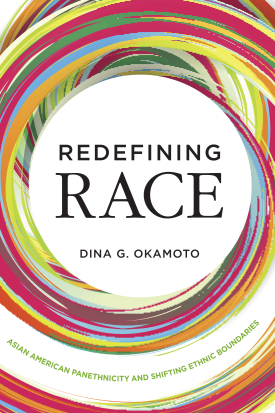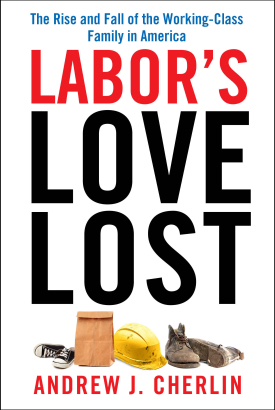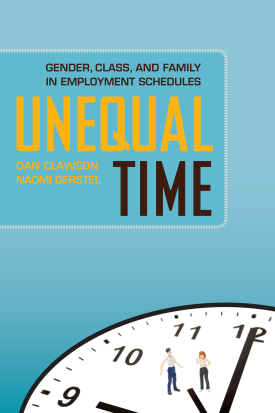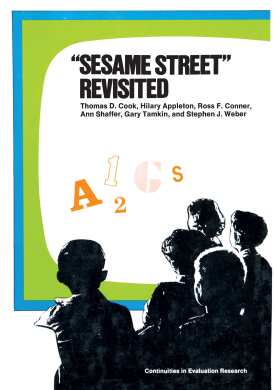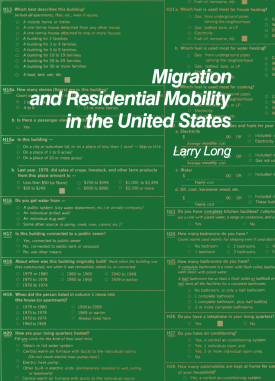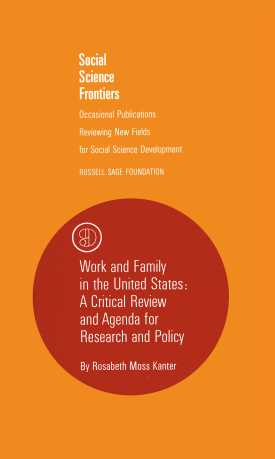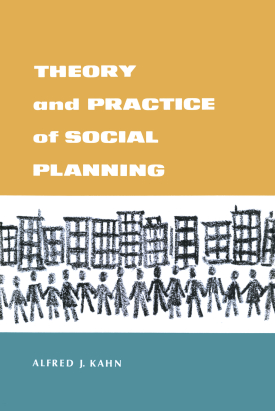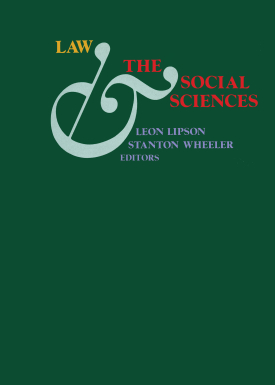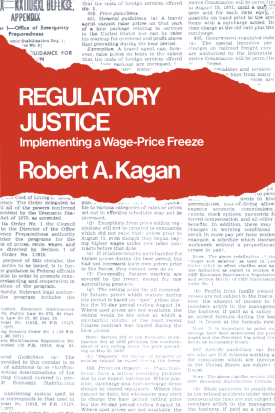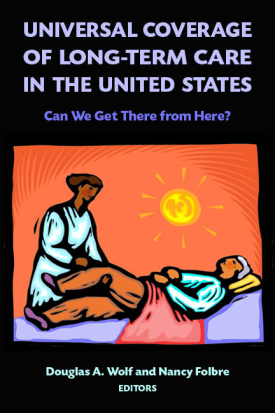
Universal Coverage of Long-Term Care in the United States
About This Book
As millions of baby boomers retire and age in the coming years, more American families will confront difficult choices about the long-term care of their loved ones. The swelling ranks of the disabled and elderly who need such support—including home care, adult day care, or a nursing home stay—must often interact with a strained, inequitable and expensive system. How will American society and policy adapt to this demographic transition?
In Universal Coverage of Long-Term Care in the United States, editors Nancy Folbre and Douglas Wolf and an acclaimed group of care researchers offers a much-needed assessment of current U.S. long-term care policies, the problems facing more comprehensive reform, and what can be learned from other countries facing similar care demands. After the high-profile suspension of the Obama Administration’s public long-term insurance program in 2011, this volume, the Foundation’s first free e-book, includes concrete suggestions for moving policy toward a more affordable and universal long-term care coverage in America.
Contributors
David Bell is a Professor of Economics in the Stirling Management School at the University of Stirling, Stirling, Scotland.
Alison Bowes is a Professor in the School of Applied Social Science at the University of Stirling, Stirling, Scotland.
Leonard Burman is the Daniel P. Moynihan Professor of Public Affairs in the Maxwell School of Citizenship and Public Affairs of Syracuse University, Syracuse, New York.
Brian Burwell is Vice President for Community Living Systems at Thomson Reuters, Cambridge, Massachusetts.
Marc A. Cohen is Chief Research and Development Officer of LifePlans, Inc., in Waltham, Massachusetts.
Svein Olav Daatland is Senior Researcher at NOVA/Norwegian Social Research, in Oslo, Norway.
Nancy Folbre is a Professor of Economics at the University of Massachusetts at Amherst.
Mary Jo Gibson, formerly a Strategic Policy Adviser at AARP's Public Policy Institute, is a long-term care consultant.
Howard Gleckman is a Resident Fellow at The Urban Institute, where he is affiliated with both the Tax Policy Center and the Program on Retirement Policy.
Robert Hudson is Professor and Chair of Social Welfare Policy in Boston University’s School of Social Work.
Carol Levine is Director of the Families and Health Project at the United Hospital Fund, New York City.
David Stevenson is an Associate Professor of Health Policy in the Department of Health Care Policy at Harvard Medical School.
Robyn Stone is Executive Director of the Center for Applied Research and Senior Vice President of LeadingAge in Washington, D.C.
Eileen J. Tell is Senior Vice President of Univita (formerly the Long Term Care Group, Inc.), in Natick, Massachusetts.
Douglas Wolf is the Gerald B. Cramer Professor of Aging Studies and Director of the Center for Aging and Policy Studies at Syracuse
Universal Long Term Care Fact Sheet
Author Interviews
Robyn I. Stone discusses the long-term care workforce in America, its challenges and potential reforms for improvement. Read the Interview
Carol Levine discusses her personal experience as a family caregiver, and how policy must change to better support friends and family who offer unpaid care. Read the Interview
Douglas Wolf offers an overview of Universal Coverage and outlines possible reforms to improve the provision of long-term care in America. Read the Interview

